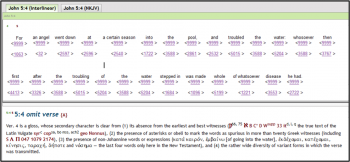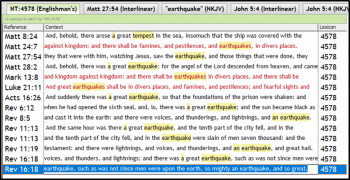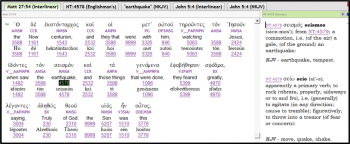I didn't think this fit in Bible study. But I did want to open a thread to discuss the differences in translations of word for word versus word for thought Bibles, and how to identify when the meaning is changed. I believe the best translation is the one a person applies. But at the same time, it is also a slow fade.
My thing with KJV, is I was raised on it, and I do find it accurate in teaching. My thought though, is even when the people spoke in Hebrew and Greek, it didn't mean "Thee and Thou." It was translated first in the 1600s. I personally like NASB as a good Word for Word translation.
If the Bible changes in meaning though, from even these Word for Words, I would really like some examples and to learn how to identify these things. I like to use multiple translations, because I do not know Greek and Hebrew. I think the Bible translating the Bible is better then commentaries, but only if the same message is being put across. I love to just read The Message translation. It really brings context to passages even if it is just the thought rather then the exact translated Word.
Thoughts?
My thing with KJV, is I was raised on it, and I do find it accurate in teaching. My thought though, is even when the people spoke in Hebrew and Greek, it didn't mean "Thee and Thou." It was translated first in the 1600s. I personally like NASB as a good Word for Word translation.
If the Bible changes in meaning though, from even these Word for Words, I would really like some examples and to learn how to identify these things. I like to use multiple translations, because I do not know Greek and Hebrew. I think the Bible translating the Bible is better then commentaries, but only if the same message is being put across. I love to just read The Message translation. It really brings context to passages even if it is just the thought rather then the exact translated Word.
Thoughts?






